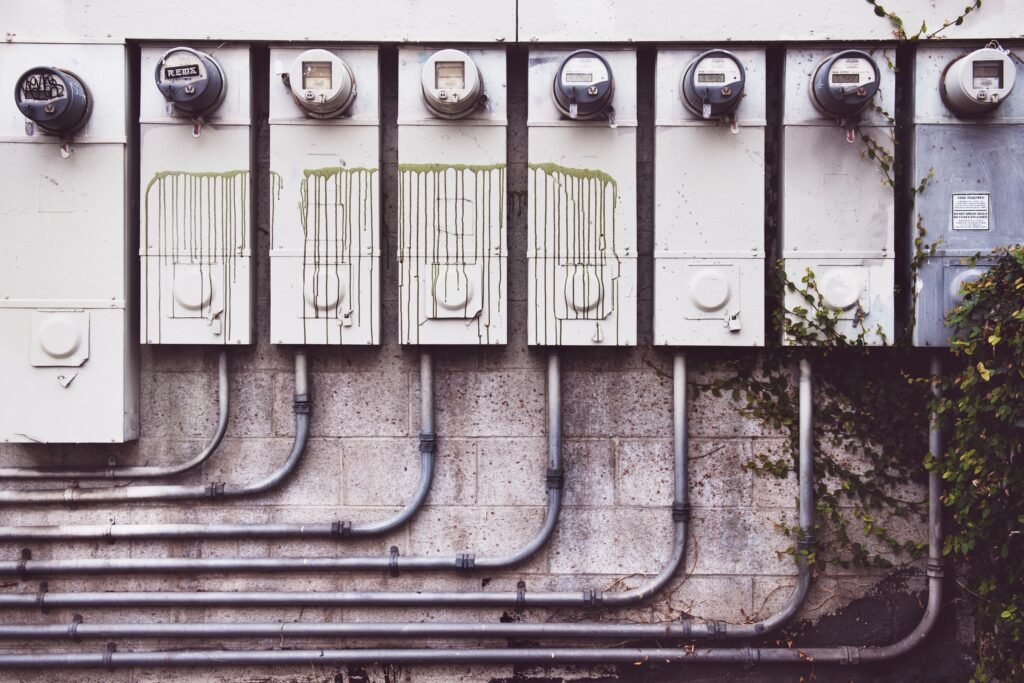Although, privatization success stories in banking and of K-Electric have been a game changer, it is increasingly necessary to catalyse SOEs disinvestment under a P3P mode of implementation and by reviving PIDC.
This disruptive measure is necessary to manage commercial assets, hold government shareholding of SOEs, undertake aggressive transformation, consolidation of roles including reduction/merger of departments, companies; followed by undertaking strategic investments (lowering losses, infrastructure, energy conservation, developing regional footprint) and partnering with defence production industry to increase engineering exports and introducing products into the local market.
Under the wealth fund operating as an independent Board of local and external professionals, who’s Chairman with strong academic credentials and experience have rank of a Deputy Prime Minister/Senior Minister e.g Saudi Arabia’s Public Investment Fund, Qatar’s Investment Authority, Emirates and Abu Dhabi Investment Authority. The Board and its decisions are to be protected under the Investment Bill by Parliament and SC with reporting lines leading to PM.
The 207 SOEs are initially to be under PIDC and then placed into verticals holding companies (industry, refinery, E&P, OMC, Gas, Coal, Minerals; Power generation, DISCOs and transmission; Fertilizer, E&P; Media and communication; Logistics and Supply Chain; Services, Engineering, Conservation, Urban and Rural Development).
Lesson: Turnaround requires time, patience, and endurance
We need not to reinvent the wheel in case of DISCOs. Instead we should appreciate the benefit and success of a vertical utility K-Electric (KE) that required 15 years of focus, spines of steel and team commitment to achieve over 50% reduction in T&D losses (34.2 to 15.8% over past 17 years and 2030 target of 12.8%), deliverance of reliable power and improvements in customer service. Transformed KE is now willing to compete in the distribution segment and unbundled license has been approved by NEPRA and has initiated vision to achieve 30% generation of 1182 MWs through renewables and investment of Rs. 484bn by 2030.
Provincialism of DISCOs under P3P between province, federal government and IPPs of the DISCO franchise area could be with majority equity held by the IPP and public with a 25% free float but at no time is GOP/Provincial share to exceed 30% and investment by experienced partner encouraged.
The implementation and operational efficiency focus has to start with PESCO, SEPCO, HESCO, TESCO, AJK, QESCO (83% electricity losses of Rs 520.30bn in FY23), increasing recovery from low 92.7% in FY23 to 96% by FY 26.
Leave IESCO and FESCO as they have demonstrated success story of turnaround.
Small steps in deregulation of energy sector have started by charging cost of energy, initiating rethink on conservation, storage, allowing E&P 35% sale of production bilaterally, net metering and CTBCM, LPG volumes have increased (1.5mtpa today), undertaking upgrade of refineries (though still protected) and causing players to reevaluate their focus areas.
The fuel retail side is now consolidating and requires unfreezing of GOP shares in PSO, investment in infrastructure, connectivity of the ports and current business as usual model is not improving operations, increasing competiveness, reducing demurrages nor building our strategic and commercial reserves. Time frame for deregulation of pricing needs certainty for private sector to make plans.
Gas sector deregulation plans, pending for over 6 years, need initiation for unbundling SNGPL and SSGC into transmission and distribution provincial companies with gas import undertaken by PLL, PSO expanding to the two Suis, E&Ps followed by industrial consumers who have already been allowed bilateral contract between with E&P firms. Interstate Gas Systems (Private) Ltd. role to build gas storage, infrastructure at ports, ownership of existing transmission network in addition to building new one to cater for TAPI, IP by using Suis construction equipment transferred to it or work subcontracted to the two Sui firms.
This also necessitates OGRA finalizing Third Party Access overdue for over a decade, undertaking facilitation role without policing or determining an entrepreneur’s business model and capability e.g. Small Scale LNG. Investors undoubtedly need to follow OGRA standard and rules but its role is to be limited to enforcing them only.
The bilateral sale assists in confidence building of E&Ps as gas Circular Debt starts to reduce and gas sale to despatch company, city distributor or thru wheeling directly to consumer although pricing regulation needs correction on priority for a “distributor” and middleman buying on well head price and selling at imported gas price.
The next step requires creation of gas hub @Multan with PMEX undertaking energy trade, pricing of fuel at imported average price and not weighted average cost of gas maybe only as a transition step for 3 years as extension would delay in competitive market development or deregulation would discourage investment due to the regulated energy sector.
Therefore, provision of deregulation time line and adherence to it is essential for progress.
Painfully, enforcement of 18th amended is required with provincial pricing of energy mandated for a limited period, 3 years hence as depletion will require in limiting indigenous gas to fertilizer, petrochemical, power and consumer food industry.
Eventual culmination of structural deregulation would be formation of “GASDISCOs” integrated with Exploration and Production firms (E&Ps) instead of provincial gas companies or integration of GASDISCOs and DISCOs in a franchise zone.
